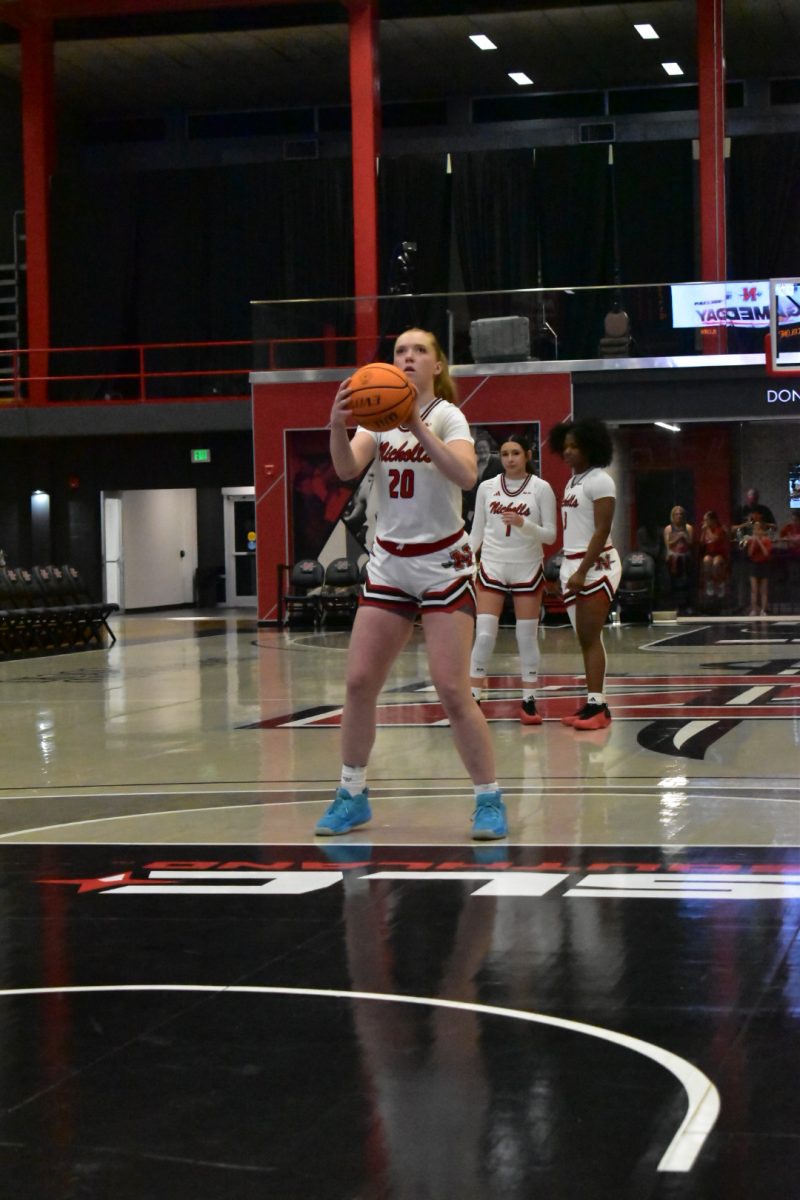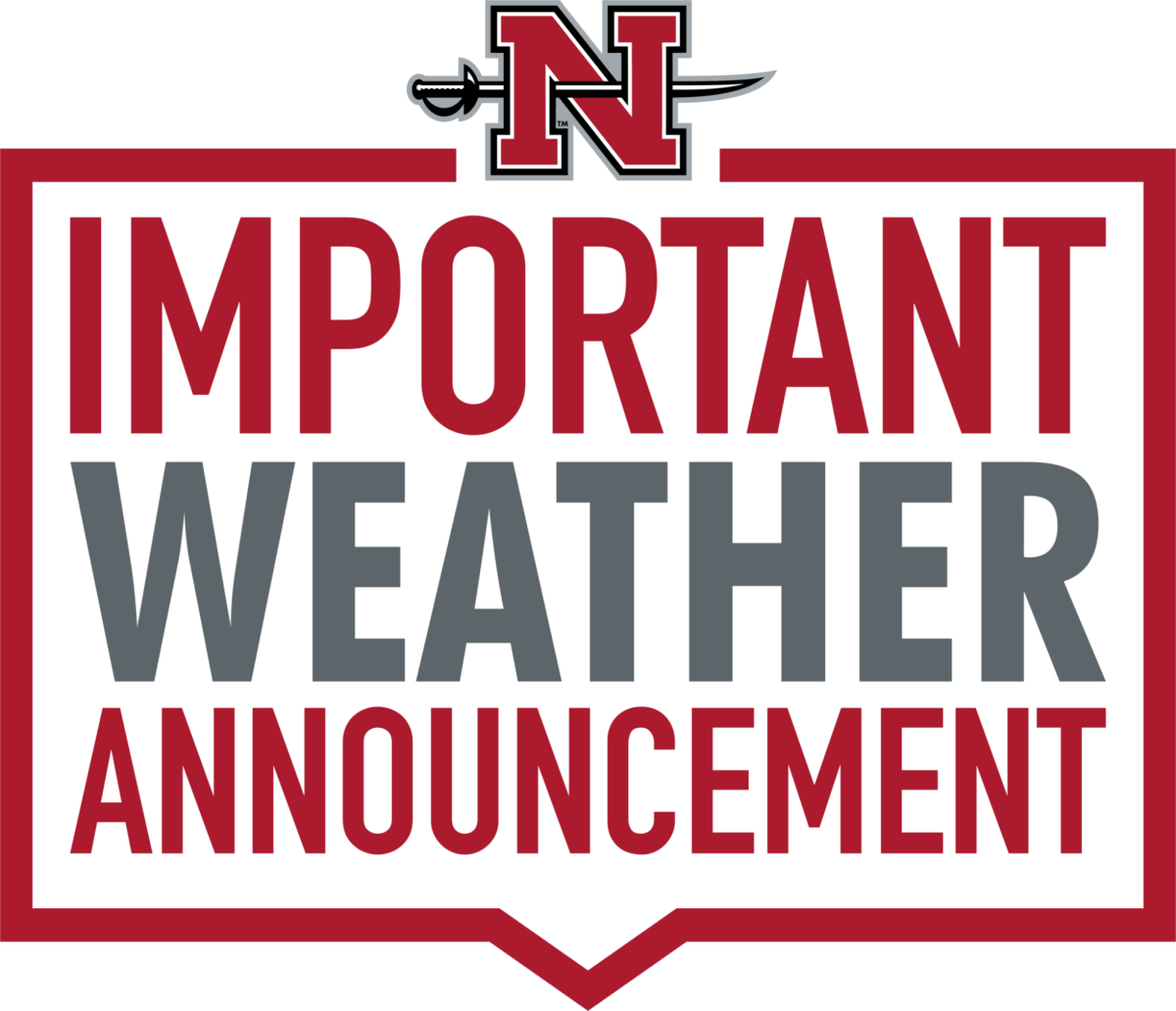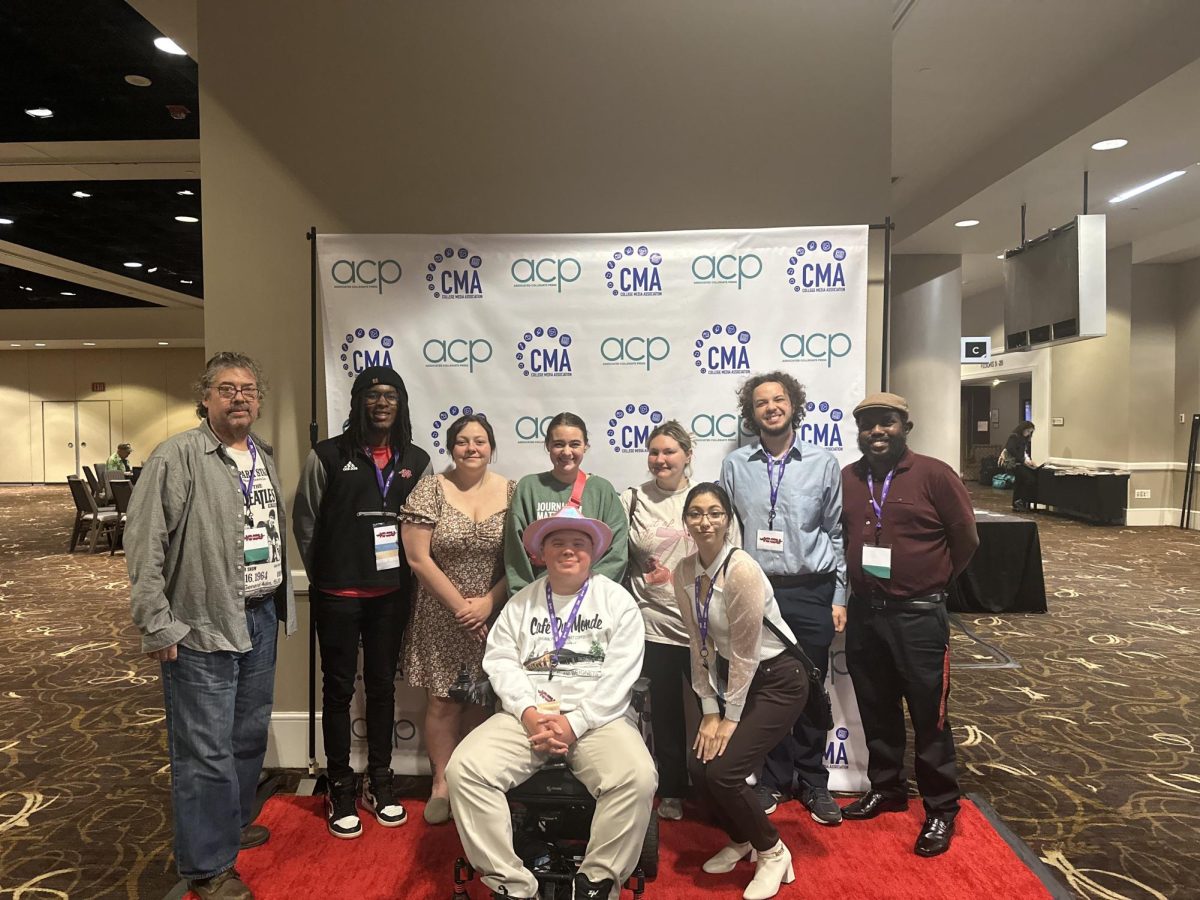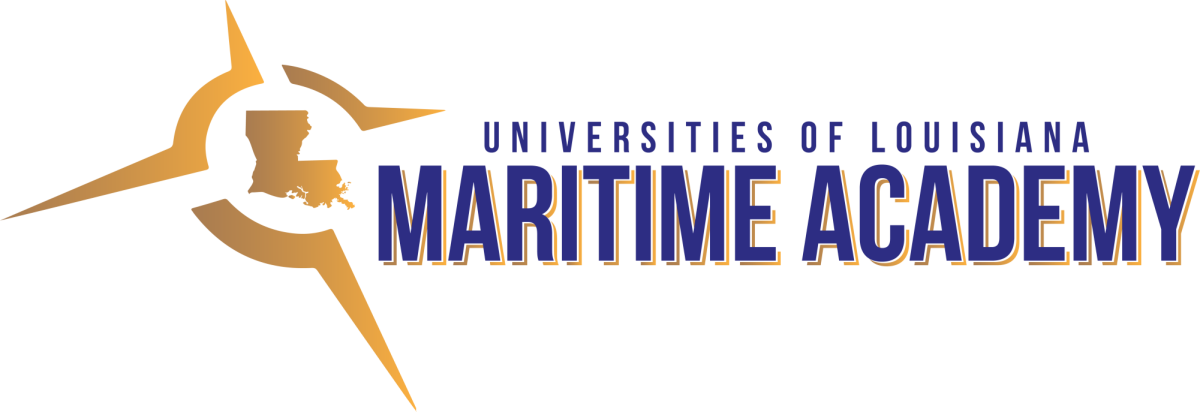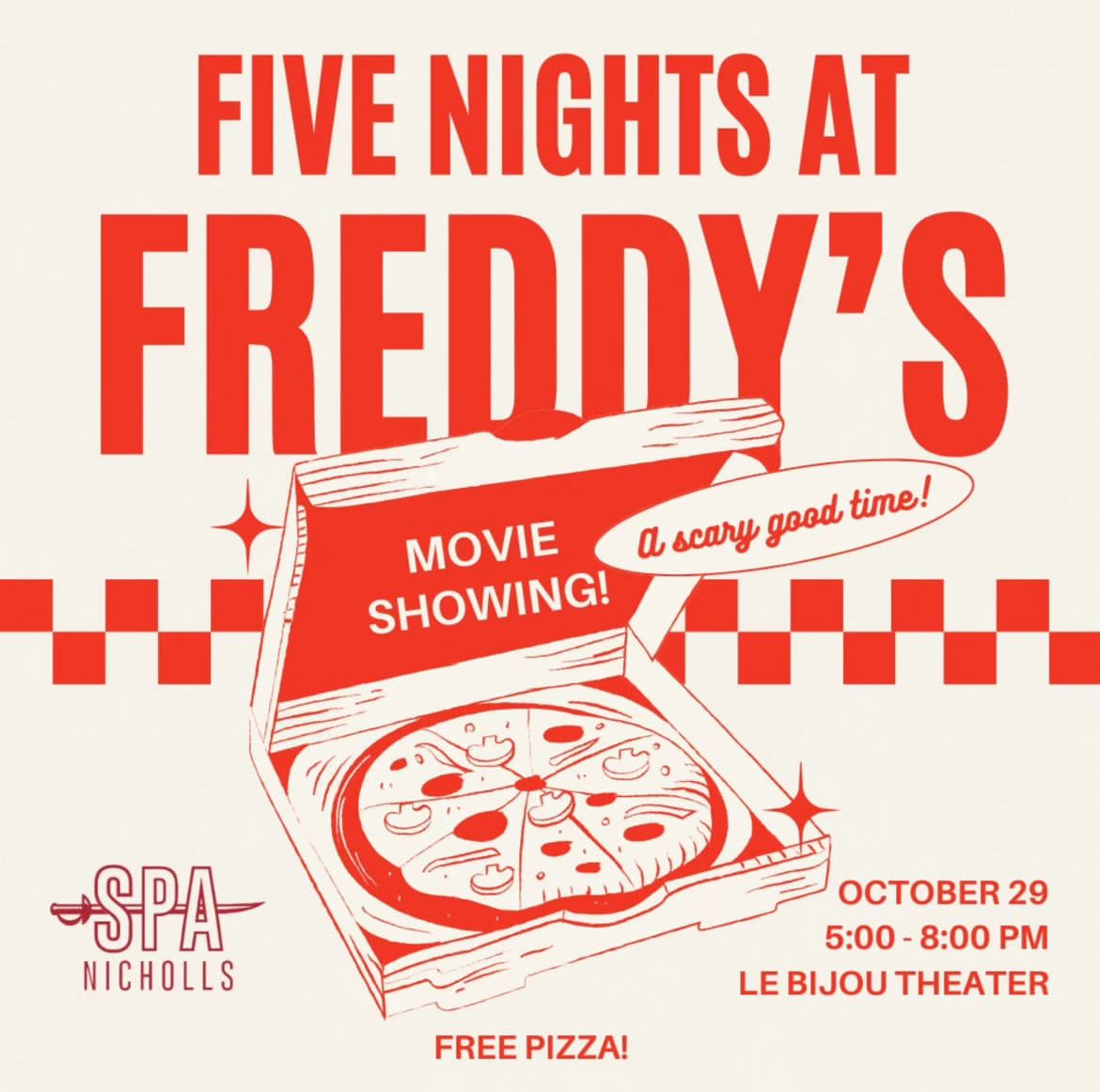Cliff Fenton, university photojournalist and astronomy teacher, finds time to capture all aspects of Nicholls activities and inform others about the wonders of the universe.
The Nicholls Worth interviewed Fenton to find out how such different areas of interest tie into one another.
Q: What sparked your interest in photography and astronomy?
A: I was attending school here at Nicholls in 1974, and at that time my major was marine biology. That was because I had been in the Navy and had done some diving for the Navy, and it seemed like a natural continuum of that. I was working at Radio Shack in Houma and a photographer I knew offered me a job that would have given me more hours and better work than at Radio Shack, so that kind of spurred my initial interest in photography.
In 1979 I opened up and ran my own business, which was primarily film developing and a regular full-service photo finishing lab, as well as doing some photography, for twenty years. I closed it down Dec. 31, 1998. I did some freelance work for awhile and then I started here at Nicholls as a photojournalist in March 2000.
From about 1997 I began following a lot of the activities of NASA on the Internet and really generating a great deal of interest. I went to my first conference at the Lunar Planetarium Institute in Houston, and I got over there and starting hanging-out with a bunch of scientists and other people who were very knowledgeable about the moon. I knew somewhere in the back of my mind that I loved it. Shortly thereafter I began a significant amount of independent research and study about the moon and other space science related topics.
Q: What is your favorite part of your job as photojournalist?
A: I really enjoy the opportunity to meet and be friends with a lot of people. One of the finest things that I’ve enjoyed about this University is having the opportunity to meet faculty, staff and students and share with them, listen to them and just have an opportunity to broaden my own mind about human nature. It’s just a fun job.
Q: What are your personal feelings about the Columbia tragedy?
A: Unfortunately I did not know any of those people personally. I say unfortunately because I would have loved to have met and known them because from what I’ve read and what I’ve heard from other astronauts that I do know, they were extremely dedicated, intelligent and well established individuals who were willing to take the risk that’s involved with space flight.
I was in Houston this past weekend at the International Space Station’s Educator’s Conference, and it was a very solemn mood but I would have to say at the same time it was as much a celebration of their lives. You just can’t say enough about their personal contribution to the advancement of science. They’ll never be forgotten.
Q: If you had the opportunity, would you travel to space and why?
A: I’d go tomorrow. If I thought that I could do something there that would be of significant contribution, I would go in a second. Actually, in 1997 I applied to the astronaut core. I filled out a complete application and submitted it, but it was sent back to me with a nice, cordial letter indicating that I needed to have at least a master’s degree in either mathematics, engineering or biological sciences and in addition to that, about five years experience for entry into the program at that particular time.
Q: Will you elaborate on the NASA exhibit that is slated to appear for Jubilee?
A: At this point, we are still waiting on conformation of an astronaut to come and attend the speaking engagement for the Bonnie Bourg lecture series. We requested formally about seven weeks ago, and to date we have not had anyone come forward and volunteer. I sent a broad email throughout the appearance office to all the female astronauts, but then specifically requesting those individuals that I have either met or I know that have been up on a number of flights or would have an interesting story. The purpose of the Bonnie Bourg lectures is to have professionals come in and tell what they did in their lives and show how every female could pursue their own interest and be successful in their lives as well. The display that we would put up would be most appropriate if we had an astronaut speaker or a NASA engineer or scientist. If no one is able to come in from NASA, then we’ll probably hold off on the display until we can setup a NASA speaker.
Q: I was informed that you will be featured as one of the weekly speakers for SPA. What will you be discussing?
A: I am waiting on a power point presentation from Ames Space Flight Center on astrobiology which I viewed in Austin in January when I was at the American Association of Physics teachers. It was really an excellent presentation. If it’s not about astrobiology then I’ll take off on the theme about looking for other life in the universe.



